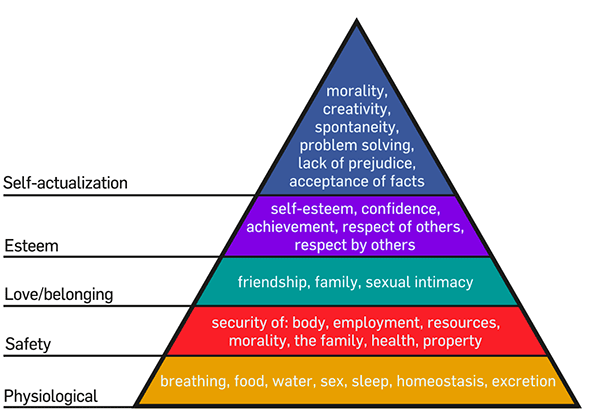Laurie Burrows Grad’s husband, Peter, died one month ago. She writes, “The hardest thing about grief is to see life going on. People all around me continue to do their daily routines. The stock market keeps functioning; meteorologists predict the weather; time marches on. I cannot understand how I have lost Peter and the clocks have not stopped.”She also writes about other…
'Healing' Tagged Posts (Page 2)
Grief itself can be and usually is overwhelming. Dealing with grief — healing — can be equally daunting. That is why Martha Whitmore Hickman’s beautiful book, Healing After Loss: Daily Meditations for Working Through Grief, is so valuable. In its very structure — daily meditations — the book gently allows the reader to face a range of emotions in kind and manageable doses,…
Grief is a strange landscape: The world is the same, but you are not. You are still you, but the world is not. Everything has collapsed and gone cockeyed and reassembled in ways that only you can see. Even those who have lost the same person have still lost someone different than you have. It’s easy to feel like Alice, dropped down…
Though it has been discussed many times publicly and privately, it bears repeating from time to time just so that people don’t forget. There are some thoughtless and inappropriate comments that people say to the bereaved because they:
A) Don’t know what to say
B) Don’t think about what they’re saying
C) Are uncomfortable with their own vulnerability
D) Just don’t understand. It is just not part of any experience they have ever had; therefore, they are unable to relate.
When the person closest to you dies, it is not only
Grief is a natural reaction to death. Grief can be intensified when a death is untimely — when a young person or a child dies. Grief and additional emotions can be doubly intensified and more when a young person dies by suicide.Iris Bolton experienced this first hand when her 20-year-old son, Curtis Mitchell Bolton, died by suicide. She went on to describe her reaction…
Click here for more information about HOPE Connection’s Parent Loss Groups. The loss of a parent is a unique event, unlike the death of anyone else. When we are an adult and one of our parents dies, we are changed in three fundamental ways. Here is an overview of those changes and advice for grieving this very special loss.
When we lose a parent, especially when we are adults ourselves, the loss can be, in a sense, “discounted.” That is, it is such a natural course of events that somehow we are supposed to be immune from grieving the loss. Nothing could be further from the truth. Our parents will always be our parents. And no matter our age when we…
The holiday season is upon us and it can be a very stressful, lonely time, and especially painful for those who are grieving the death of a loved one. It can feel dreadful for those who are experiencing their “first” holiday without their departed. For many others, you may have already had your “firsts,” but it may still feel that way because you were moving through a thick fog during that time.
When you suffer the death of a loved one, you are thrown into a state of emergency in your body, mind and soul.
Brain imaging studies have shown that when an individual experiences a significant loss, changes occur along a broad network of neurons. The ancient survival mechanism of the fight or flight response is automatically triggered in your brain chemistry. Even if not consciously aware, at a deep level we fear for our survival. There is incredible amount of tension held in the body that is stressful and takes a huge toll emotionally, mentally and physically. Grievers often
By Sue Rowen, M.A., MFT
In grief, individuals often have a feeling of generalized fear and being unable to control the body symptoms that go along with feelings of anxiety and panic. If we look at Abraham Maslow’s “Hierarchy of Needs Theory,” we see some of the basis for this anxiety.
It becomes apparent that when we experience the death of a loved one, we are thrown to the bottom two levels of the pyramid. We are confronted with the fear that we may no longer feel safe and may not be able to take care of ourselves and our basic needs.
One’s personal world has changed forever. When we are grieving the death of a loved one we feel stripped of the resources that, in the past, have been there to support us through stressful times.
- “Do I have enough money to support myself?
- “Will I be okay alone?”
- “How am I going to drive at night by myself?”
- “What if I get sick? Who will help me?”
Our loved one, a major part of our support system and someone we have depended on for such support, is no longer present for us.

